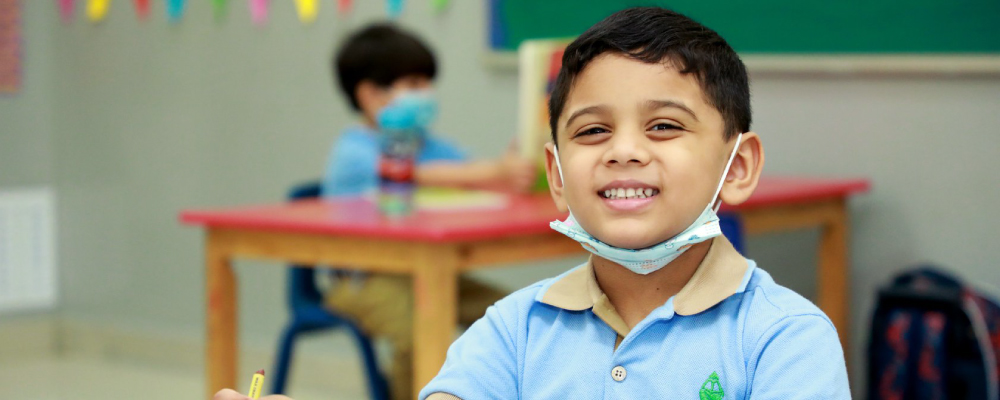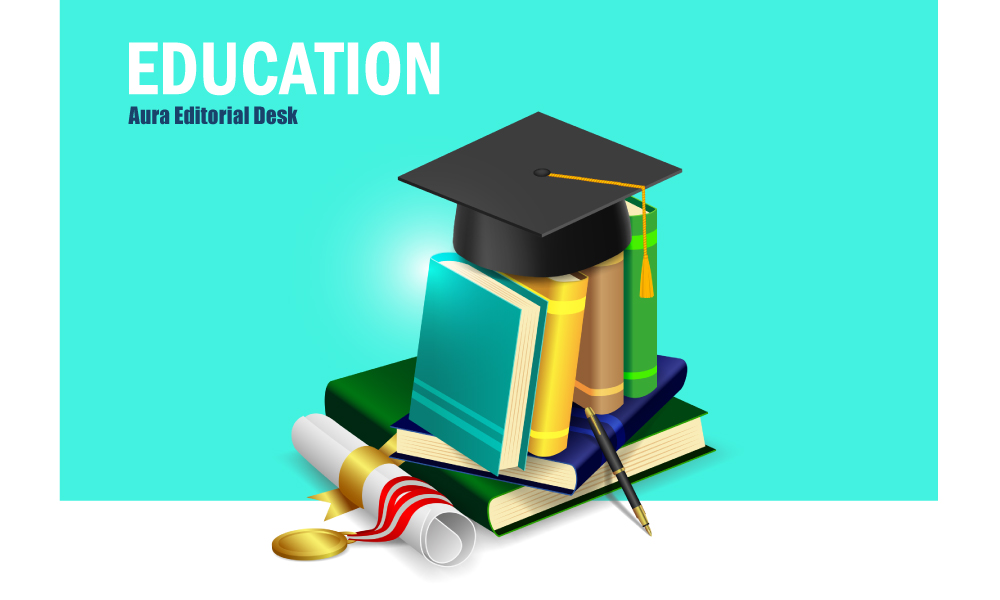
Training has a limited meaning and that is to becoming familiar with particular tasks. For example, being trained to fix a faulty machine or train to become a bowler or a batsman in cricket. Therefore, training has a very narrow and limited meaning to something that is learnt.
Education has a much broader meaning. It is the systematic acquiring of knowledge. It leads to innovation, creativity and the development of specific streams of knowledge like Science, Commerce, Arts, Philosophy etc. Education is a way of knowing and shaping the world around you and finding your place in it. One must note that the definitions of learning, training and education blur into each other. Most education is imparted in institutions of learning and training called colleges, universities, polytechnics and training centers. They award students degrees, diplomas and certificates that are essentially testimonials that the student has successfully learnt or completed training in the particular domain of knowledge. Education is thus a purposeful activity directed at achieving certain aims, such as transmitting knowledge or fostering skills and character traits
Pedagogy is understood as the art of teaching. However, it can be defined as the theory and practice of learning, and how this process influences, and is influenced by, the social, political and psychological development of learners.
Learning Styles: As parents and even students, it is important to have awareness about different learning styles of learners. One may classify students into the following broad categories, some even abbreviate it as the VARK model.
Visual learners – enjoy analyzing and observing things like pictures, diagrams, and charts that display clear information in the order of importance. Visual learners will usually be doodling, list making, or note taking. Some experts say that the ‘Huffaz’, those who memorize the complete Quran develop visual learning and have great photographic or scan memory. They are able to recite the Quran based on the page number, line on the page etc. because they have committed it to memory in a visual manner.
Auditory learners – prefer learning subject matter that is presented through sound. Auditory learners are actively engaged with a lecture. They usually nod along or ask frequent questions rather than taking written notes.
Reading and Writing learners – prefer the written word. Reading, and writing learners are attracted to textbooks, novels, articles, journals, and anything that is text-heavy. Similar to visual learners, they take detailed notes, lookup the dictionary to learn new words, or do online search to find answers to their questions.
Kinesthetic learners – are “tactile” learners i.e. they prefer to physically act out events or use all of their senses while learning. These learners are easy to identify, as they usually have a tough time sitting still and might need frequent breaks during heavy studying periods.
Accreditation is the formal procedure of gaining certification (approval or recognition) for a particular program (of learning) or an educational institution. Thus, when we say that an engineering college is AICTE approved, it means that the college has received accreditation from the All India Council for Technical Education (AICTE), the component authority for granting recognition or certification to the college to conduct engineering courses.
Adult learning is the formal education geared for individuals classified as adults, typically over the age of 18. It may consist of learning at a school or college but may also include informal training of workers or others in the development of a specific skill set or knowledge.
Aptitude is defined in Warren’s Dictionary as “a condition or set of characteristics regarded as symptomatic of an individual’s ability to acquire with training some (usually specified) knowledge, skill or set of responses, such as ability to speak a language, to produce music etc.”
Aptitude Test is a standardized test designed to assess an individual’s potential to acquire and/or develop knowledge or skills.
Competency is an individual’s ability related to knowledge, understanding and skills; it is an individual’s ability to do something successfully or efficiently. The word minimum-competency is often used in the context of Minimum Competency Testing (MCT), which is an attempt to establish minimal acceptable levels for educational attainment.
Learning Outcomes are statements indicating the end-result for a learner following a learning activity; usually stated in what a person can observe the learner do at the end of a learning activity.
Distance education is a form of education provided to students who need not be physically present at an institution; earlier study material was sent to students by post but now teaching is also delivered via computer conferencing, video, internet, and other mobile apps.
MOOC (massive open online course) is a free web-based distance-learning program that is designed for large numbers of geographically dispersed students. A MOOC may be patterned on a college or university course or be less structured.
Grading system in education is a system that is used to assess the educational performance of students. Similarly, we also have the grading of educational institutions based on certain performance indices. A major grading authority for colleges and universities in India is NAAC.
NAAC (National Assessment and Accreditation Council) conducts assessment and accreditation of Higher Educational Institutions (HEI) such as colleges, universities or other recognized institutions to derive an understanding of the ‘Quality Status’ of the institution. NAAC evaluates the institutions for its conformance to the standards of quality in terms of its performance related to the educational processes and outcomes, curriculum coverage, teaching-learning processes, faculty, research, infrastructure, learning resources, organization, governance, financial wellbeing and student services.
Meta-Cognition is the ability to reflect on one’s own thinking and learning
NEP 2020 (New Education Policy) is the latest policy formulated by the Government of India to promote and regulate education in India
RTE (Right to Education) is a provision in the Constitution of India to provide free and compulsory education of all children in the age group of six to fourteen years as a Fundamental Right. It means that every child has a right to full-time elementary education of satisfactory and equitable quality in a formal school, which satisfies certain essential norms and standards.


0 Comments